The Gregorian January First is observed as a bit of a joke in Israel. Israelis call the day "Sylvester." Depending on whom you ask (for all Israelis have opinions), the name is either just a nonsense term or it is a tongue-in-cheek reference to St. Sylvester, a fourth century pope whose feast day is January 1.
In recent years, "Sylvester Parties" have become more popular in Israel, mostly at nightclubs that attract a younger clientele. Of course, there are many cries of complaint from religious Jews in Israel against the practice. That's the way things go in Israel; a nightclub publicity theme can cause a national debate pitting religious and secular Jews against each other.
We're not planning any Sylvester celebration tonight. We'll be in Jerusalem, in which the change from 2012 to 2013 will gain little more notice than the first day of any other month on the secular calendar.
Time works differently in Israel. Today, we spent much of the day digging through the dirt at the archeological site at Beit Guvrin Maresha. There, we picked up broken pieces of pottery out of the earth that literally had not touched human hands since the time of the Maccabees. We casually tossed the shards into plastic buckets and let them travel in an instant from the second century b.c.e. to the 21st century c.e.
It's hard to compare the arbitrary designation of a day for switching calendars to the experience of physically touching the passage of 2,300 years. Time moves differently in Israel.
Happy Sylvester.
Other Posts on This Topic:
New Year Resolutions
Bat Mitzvah at the Southern Wall

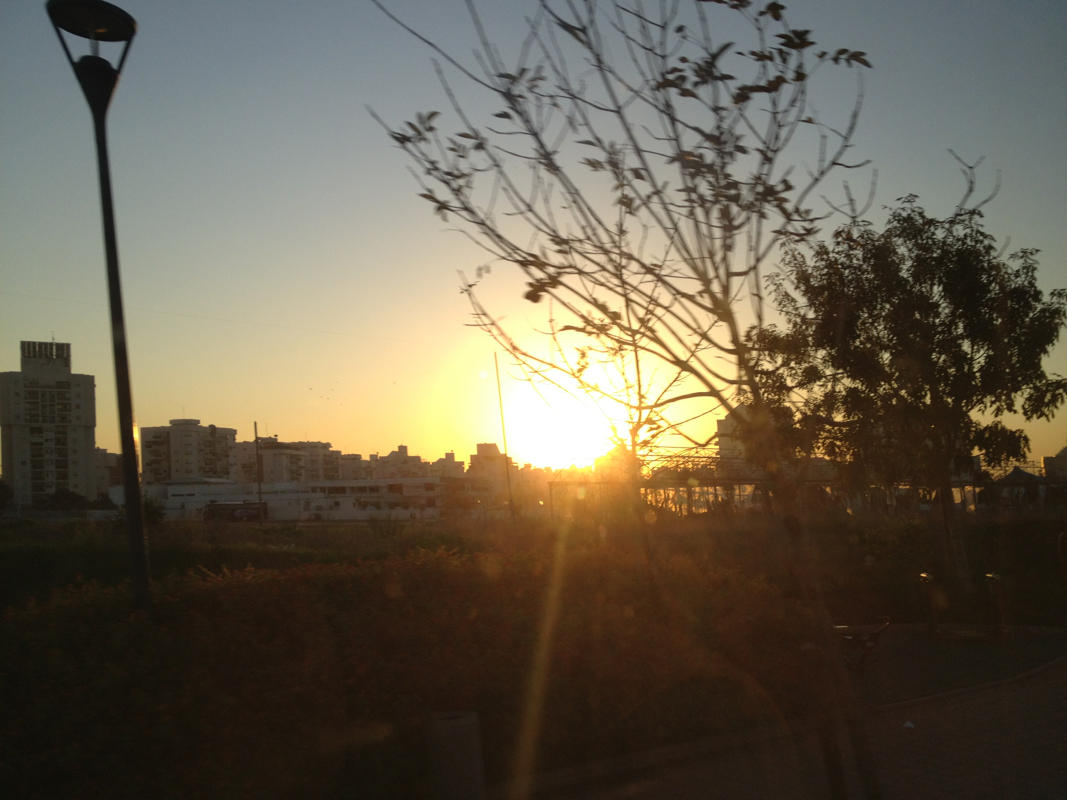

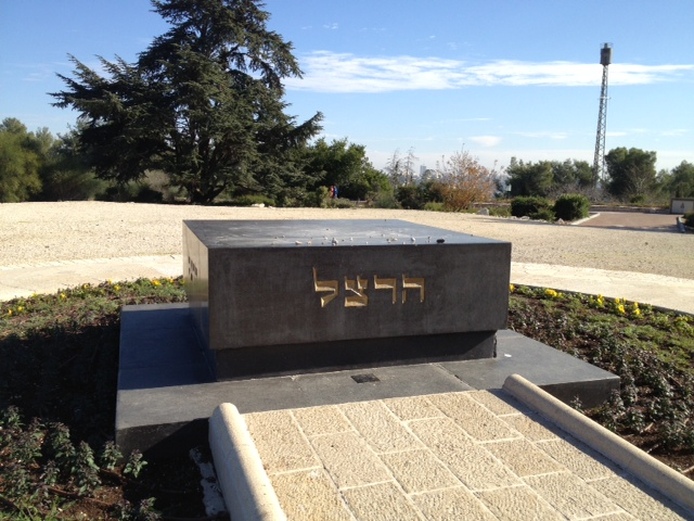
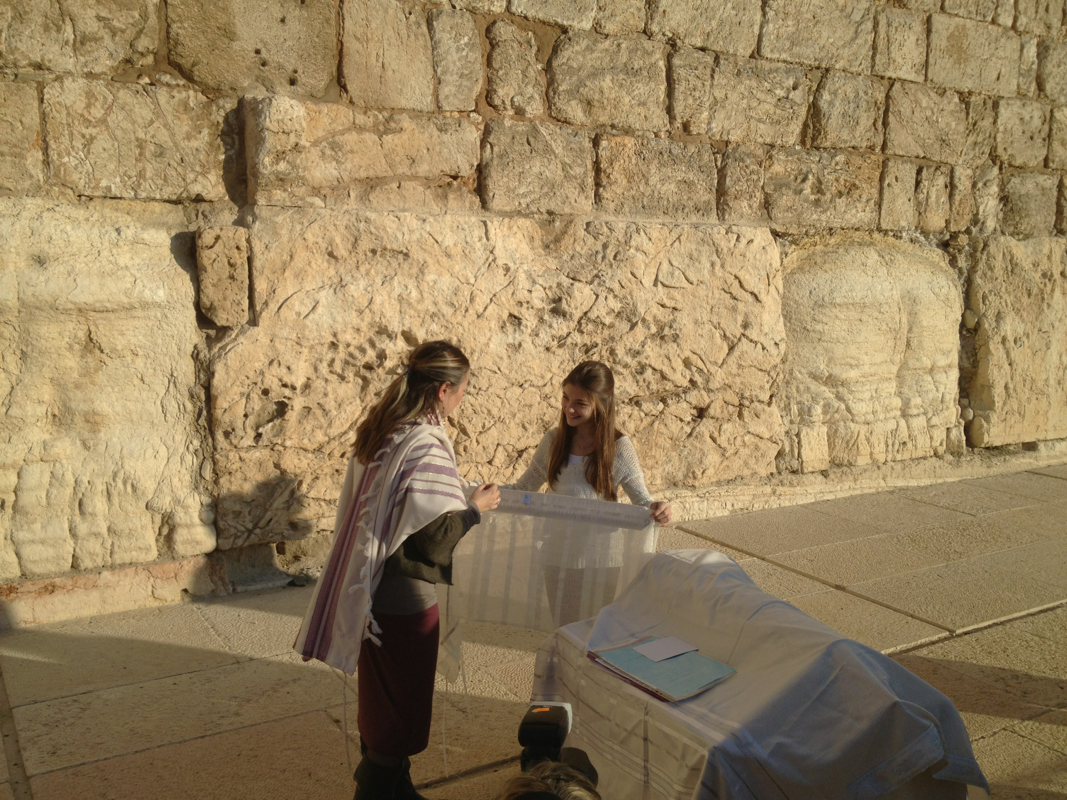
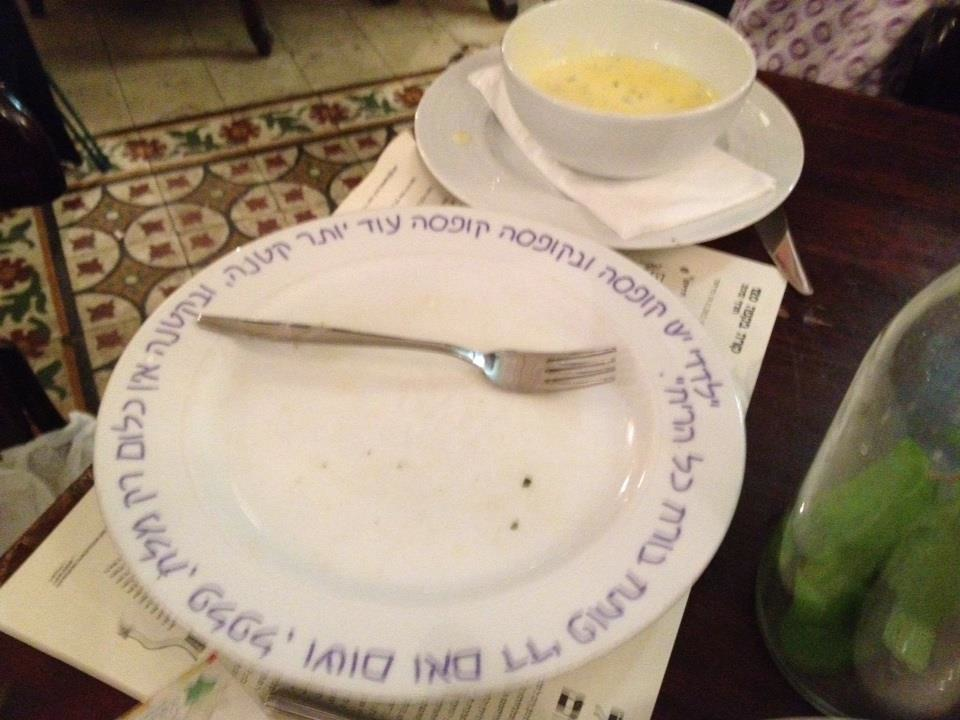
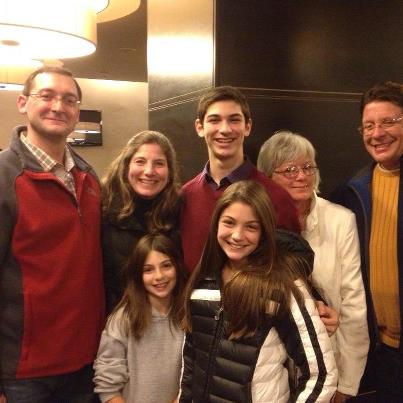
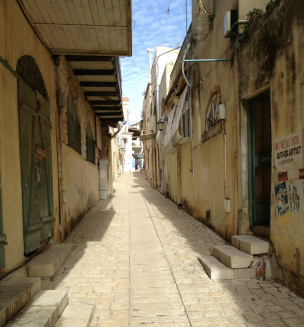
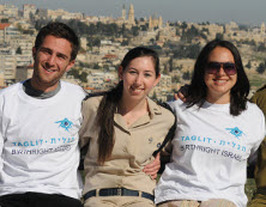

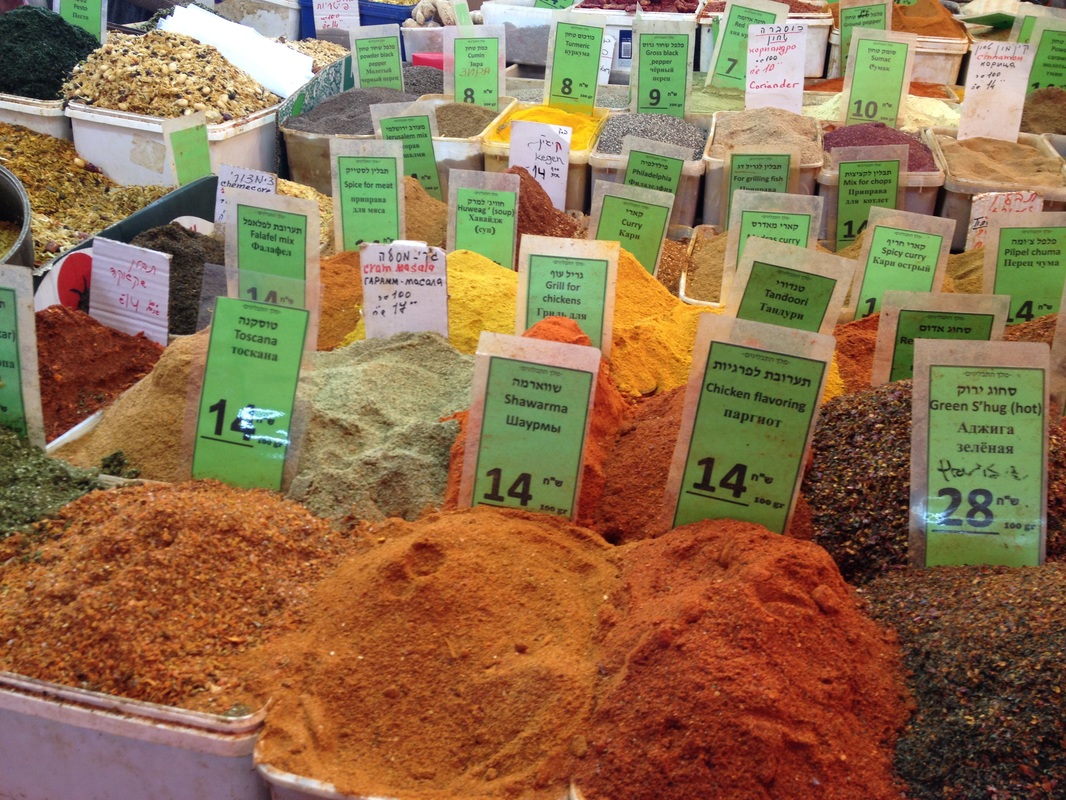
 RSS Feed
RSS Feed
